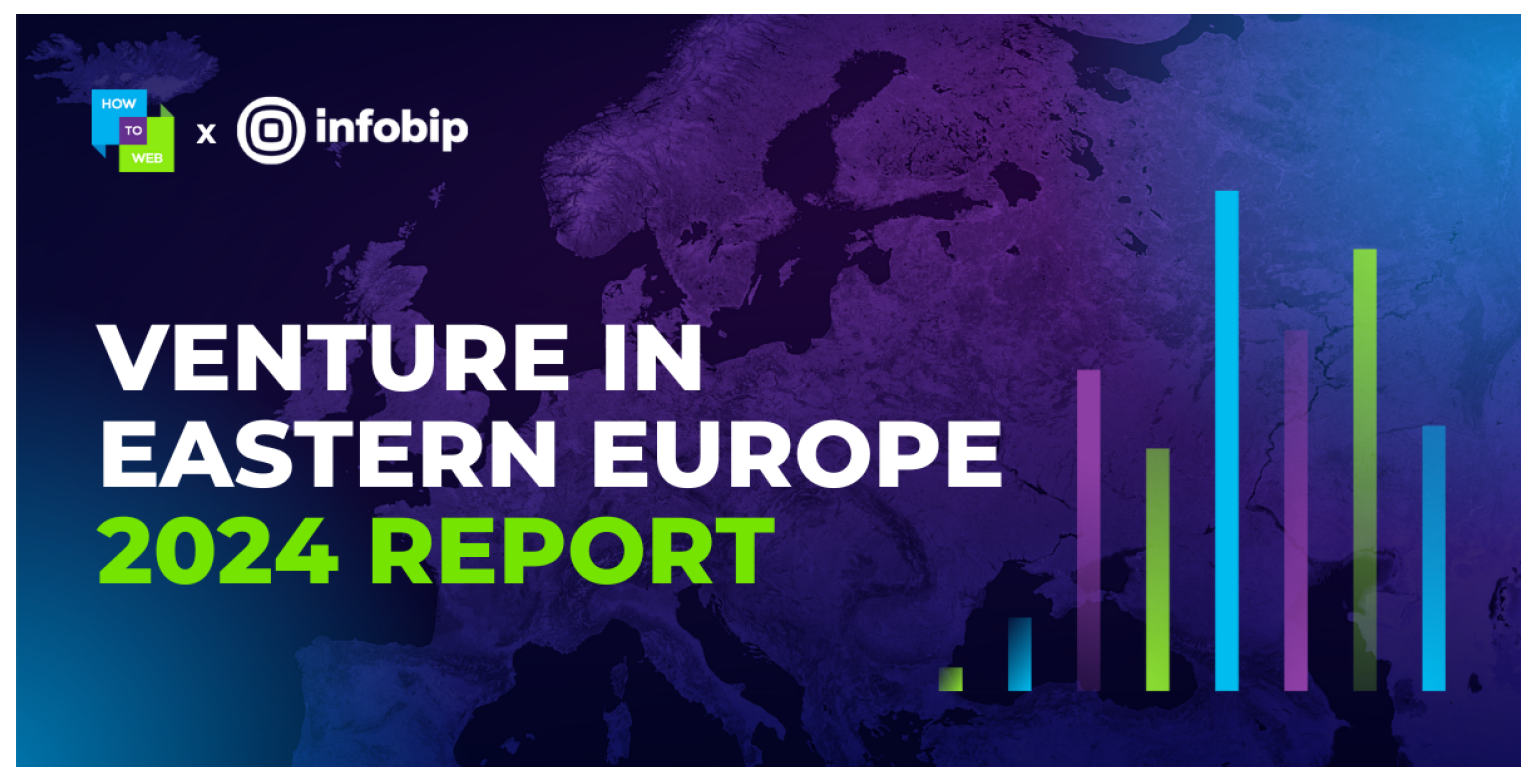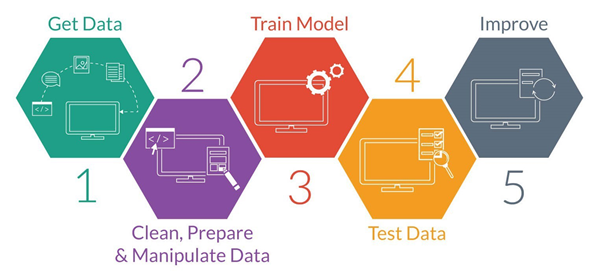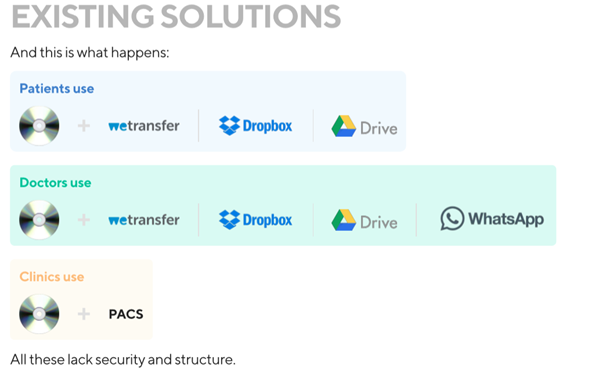
Artificial intelligence seems to be one of the hottest topics in tech today; irrespective of industry or product, some sort of AI algorithm can be implemented to boost efficiency and most startups will try embed such technologies into their value proposition.
But what is an AI algorithm at its most basic level? Well it’s not Skynet (yet), it’s just a complex set of statistical analysis with a specific goal, in Layman’s terms it’s just math.
Similarly to humans, practice makes perfect, and the more practice an AI gets, the more efficient it becomes in achieving whatever goal it has. But how does a machine practice? Well the answer is pretty simple, it’s somewhat close to how we humans do it (after all we’re the ones that build them). Irrespective of age, most people learn from experiences, it’s what defines us and what weighs heaviest in our decision-making process. The same can be said for an AI – the more data it gets, the better it becomes at doing whatever it was designed to do. Sure, humans have to tag the data first to tell the AI what it is, but it slowly starts learning and given time it will be able to efficiently achieve its goals.

So in short, the quality and efficiency of any AI is based on the amount and quality of data it trains on and while some data is readily available online for some industries, there are also others which have a severe lack of it. As we know, we live in the dawn of the age of data so how is it possible to have a severe lack of it? The answer is quite simple, we don’t have the infrastructure.
Building something requires a foundation
Healthcare is an industry that has the potential to be greatly impacted by the onset of AI. Machines will never replace doctors, but they can greatly aid their activity and increase their efficiency. As the world population grows, there will be an increased need for medical practitioners and AI can help with many time-consuming activities.
Current studies show that the role of AI in healthcare is expected to grow. A survey conducted in 2018 revealed that 53% of the interviewed healthcare professionals expect that AI will become more widespread in their sector within the next 5 years.
Let’s take medical imaging for example, the field holds great importance in the treatment of millions of patients worldwide, especially chronic patients. The Royal College of Radiologists, the United Kingdom’s foremost radiology association stated that the country has a shortage of about 1.100 specialists, if we look to less developed countries the shortage becomes much more severe. There is a clear lack of human resource in the field, and AI could be a great tool to help with efficiency, so why don’t we already use it? The answer is simple, we lack a centralized source of data, a foundation to build and train the AI on.

So how do we solve this issue, how do we bring all the data into a single accessible place? Well, one way of solving it is building a digital infrastructure which could service the archiving and communication requirement end-to-end in a secure, user-friendly & compliant manner and move the existing abundance of data into such an infrastructure so that it can be built upon later.
Where we stand
The medical industry is a leading force when it comes to technology, and rightfully so as it holds responsibility for one of the critical aspects of human life. Technology is used to aid medical practitioners in saving lives and it is our responsibility to contribute to its development.
At ROCA X we are believe that no startup with a great vision should struggle alone for the greater good. With this principle in mind, we chose to support Medicai in their mission to aid both patients and doctors worldwide. They aim do this by building a collaborative, cloud-based medical ecosystem where patients, doctors and clinics have a set role and can seamlessly work together on both simple and complex medical cases.
But why did we start with explaining AI and how it works? Well, the infrastructure built by Medicai is a means to an end, it represents an upgrade to the current medical digital infrastructure, but more importantly it helps with gathering the needed AI training data in a single place in a private and secure manner.
Once tagged, the anonymized data will be able to help train virtually any AI algorithm related to complex medical imaging, thus in turn helping alleviate medical specialists of time-consuming and mundane tasks. Companies such as Medicai are building a more efficient way to collaborate and communicate with both patients and doctors. But more importantly, they are laying the foundations to build future technologies and products which will help doctors.